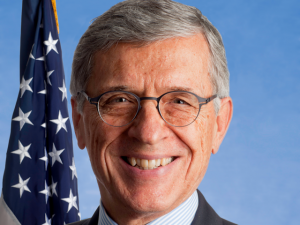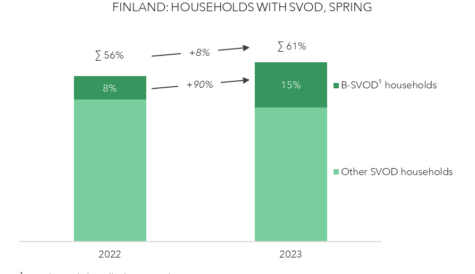
After more than 40 years of operation, DTVE is closing its doors and our website will no longer be updated daily. Thank you for all of your support.
FCC’s open internet rules upheld
A US appeals court has upheld regulator the FCC’s Open Internet rules, sparking wildly opposing responses from the cable industry and the likes of Netflix.
If enacted, the rules will reclassify broadband providers as telecommunication services under Title II of the US Federal Communications Act, effectively subjecting them to stronger regulation and banning them from paid prioritisation of internet ‘fast lanes’.
Both the National Cable and Telecommunications Association (NCTA) and the American Cable Association (ACA) said they were “disappointed” by the decision by the US Court of Appeals for the District of Columbia Circuit.
The ACA said its members – which are among the smallest players in the US market – would be willing to be subject to net neutrality regulation, but said it was strongly opposed to “onerous Title II rules” claiming these would impose “unnecessary and significant costs.”
“ACA is disappointed that the D.C. Circuit supported the FCC’s decision to regulate the complex, computer-like networks of ISPs as though they are ‘dumb’ pipes provided by monopoly telephone companies,” it said in a statement.
The NCTA urged Congress to “renew their efforts to craft meaningful legislation that can end ongoing uncertainty, promote network investment, and protect consumers.”
It added that the appeals court ruling is “unlikely the last step in this decade-long debate over internet regulation” – a sentiment echoed by FCC commissioner Michael O’Rielly, who said he expected the decision to be appealed in the US Supreme Court.
On the other side of the debate, Netflix welcomed the ruling, claiming that it “underscores what’s possible when millions of consumers unite to be heard and government officials listen.”
Netflix said that by defining “interconnection as a central part of net neutrality”, over-the-top service providers will be able to reach consumers “without ISP interference.”
“Now the FCC has clear authority to hold ISPs to these openness rules and turn its attention to policies that support an affordable, faster internet,” said Netflix.
FCC chairman Tom Wheeler described the ruling as a “victory for consumers and innovators who deserve unfettered access to the entire web.”
In a statement, he said the DC Circuit court decision “ensures the internet remains a platform for unparalleled innovation, free expression and economic growth” and “affirms the commission’s ability to enforce the strongest possible internet protections – both on fixed and mobile networks – that will ensure the internet remains open, now and in the future.”
FCC commissioner Jessica Rosenworcel agreed that the decision “supports internet principles of fairness and openness—the principles that keep us innovative, fierce, and creative.”
However, not everyone at the FCC was in support. O’Rielly said that, if allowed to stand, the decision will be “extremely detrimental to the future of the internet and all consumers and businesses that use it.”
FCC commissioner Ajit Pai said: “I continue to believe that these regulations are unlawful, and I hope that the parties challenging them will continue the legal fight.”



